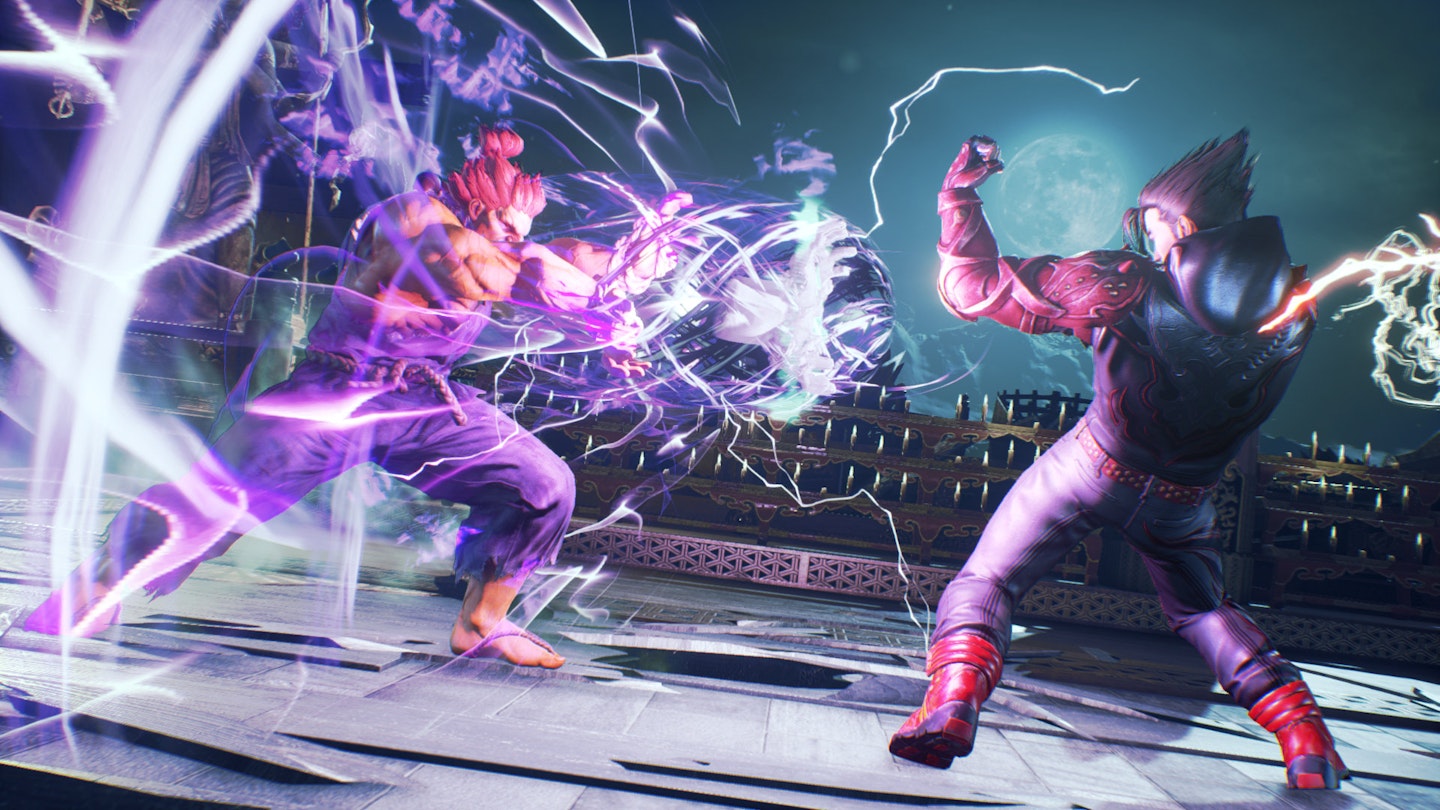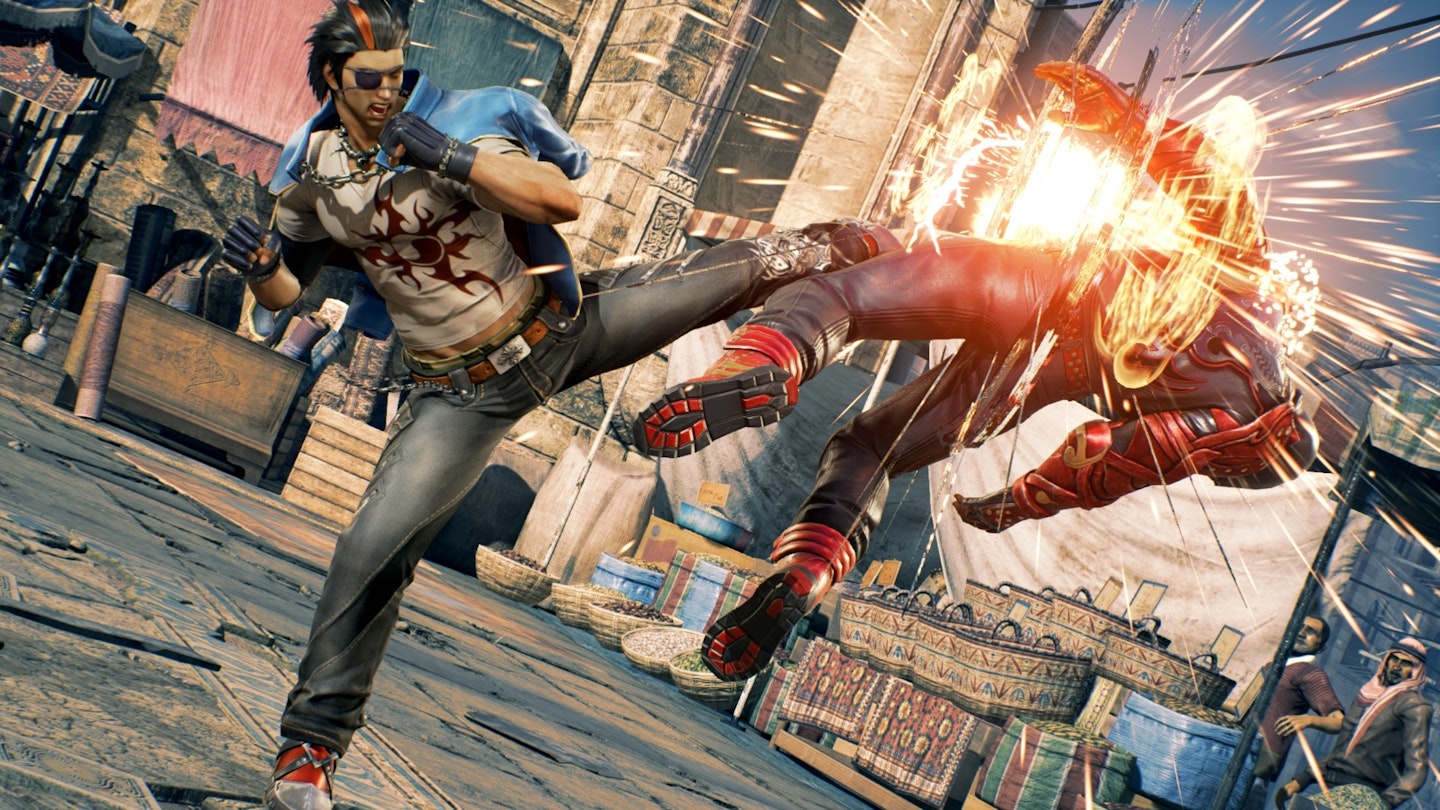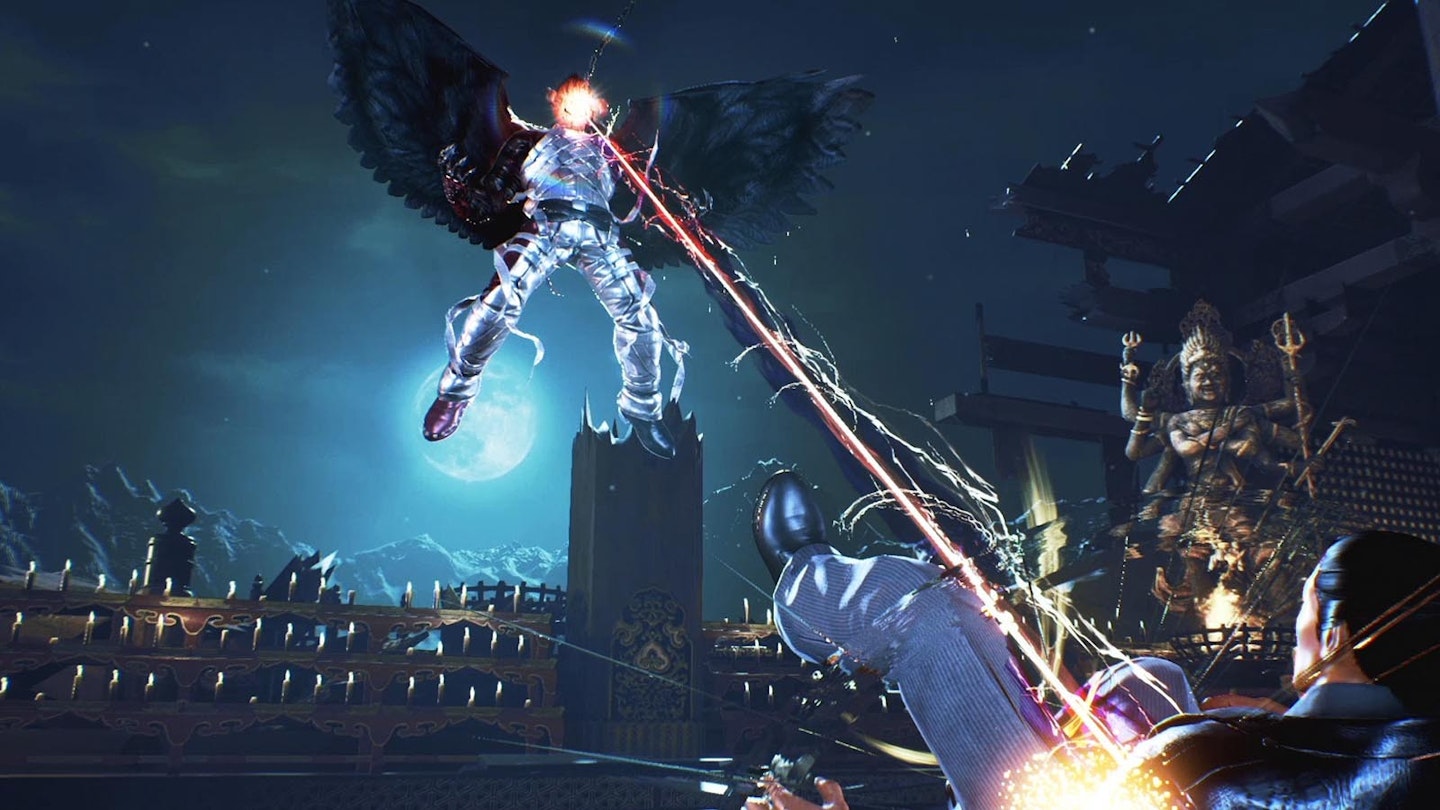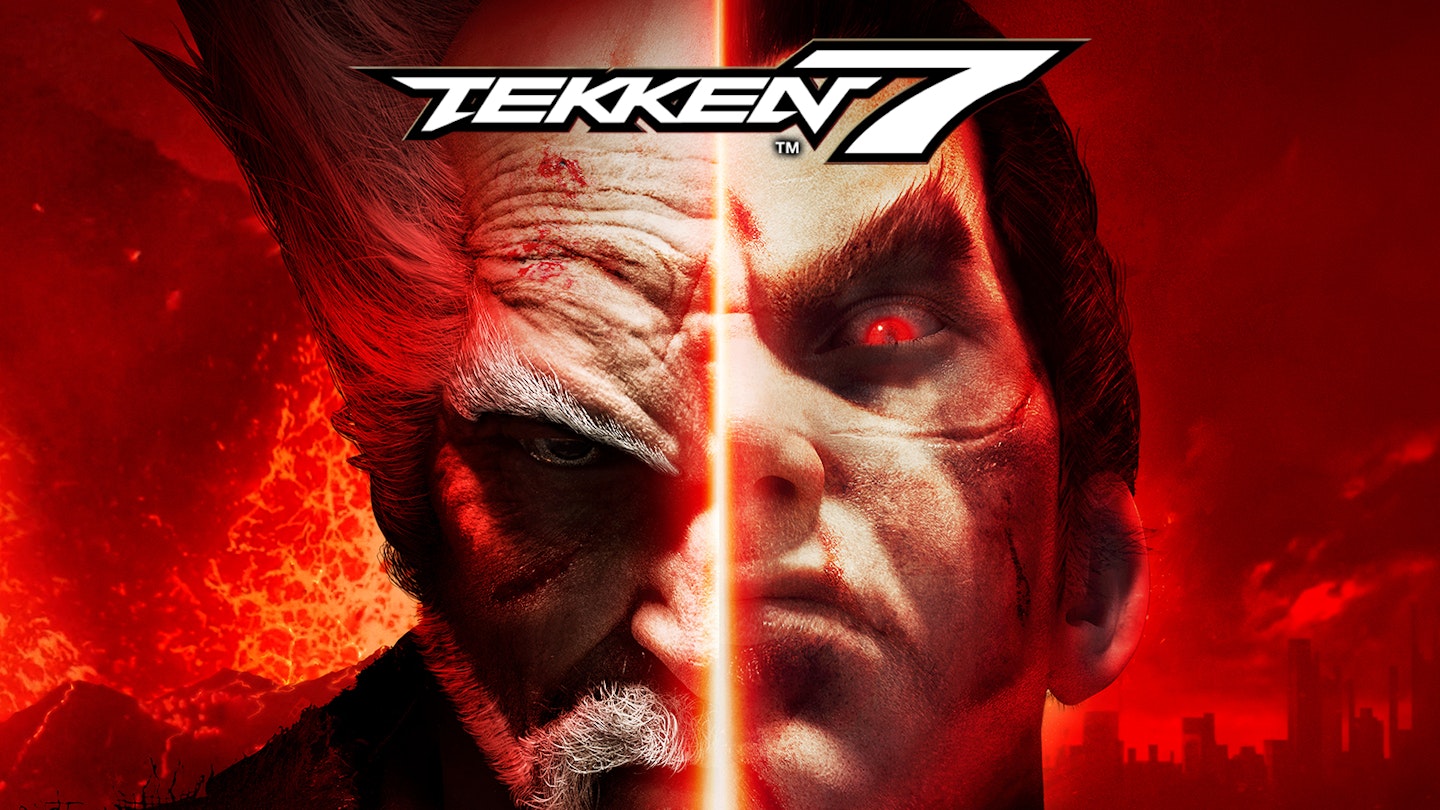The history of beat-em-up franchise Tekken is interwoven with that of the modern games industry itself: the 1994 original was one of the key games which put the original PlayStation on the map. Over the decades, subsequent Tekken games have generated a huge and fiercely protective following, which must present problems for developer/publisher Bandai Namco, as any sort of reboot would result in a massive outcry. However, Tekken 7 manages to feel both reassuringly familiar and satisfyingly modern, which will certainly please its fan-base.
Tekken 7 is squarely aimed at those who have sampled the delights of previous titles, making absolutely no concessions to gamers who might be new to beat-em-ups. Unlike, say, the recently released Injustice 2, there’s no training mode to hand-hold you through each character’s combos and special moves. You can access lists of those moves, but you’ll have to memorise them before you try them out in a practice bout. In Tekken 7, the old school beat-em-up convention of assiduous research followed by relentless practicing very much prevails.

If that’s not a problem for you, then the chances are that you’ve played a Tekken game before, in which case you’ll surely love Tekken 7. It’s by far the best-looking Tekken game ever, with great character models and super-slick animations. While it mostly features classic Tekken protagonists, there are eight new characters, among the 38 playable ones, including Kazumi Mishima, Heihachi’s wife (and mother of the evil Kazuya), and Akuma from Street Fighter. The new combatants add judiciously to the vast range of play-styles and physiques on offer, again ticking a big box for Tekken fans.
In terms of gameplay, there are no massive surprises – Tekken 7 is unmistakably a Tekken game. So the emphasis is on combos, with the high/low/mid blocking mechanism to the fore. There is one major new addition, however, entitled Rage Art. Rage Art kicks in when you dip to below 30 per cent health, letting you use a modifier button to launch more powerful combos and special moves; you can also spend a portion of your Rage Art on specific moves. The Bounce move from previous Tekkens has also been replaced by one called Screw Drive, which is satisfying when you pull it off. As it’s a Tekken game, this is properly 3D, so you can side-step into or out of the screen, although the side-step feels a bit more ponderous than it did in Tekken 6, often forcing you to get up close and personal with your opponent.

Online, Tekken 7 works smoothly and seamlessly with solid matchmaking and all the ingredients to create a new generation of e-sports stars. You can customise characters in just about every cosmetic way possible, although unlike Injustice 2, there’s no loot system allowing you to alter the characters’ attributes.
Overall, Tekken 7 impresses very much indeed. For sure, it’s a traditional beat-em-up, which requires much hard graft if you are to master it fully – genre neophytes will find this somewhat baffling at first, and a little bit intimidating. But as traditional brawlers go, this is the best-looking out there. However, it does have to contend with a new kid on the block, in the form of the exceptional Injustice 2, which in comparison feels ultra-modern, is indisputably more accessible to those who weren’t weaned on beat-em-ups, and has more to offer once you finish its story campaign.

If you’re a fan of the franchise, Tekken 7 is a must-buy, and if you fancy yourself as a pretty decent beat-em-up player, it offers up near endless hours of hard-hitting action. With Tekken 7 and Injustice 2 both hitting the shops, console brawlers really are spoiled for choice.
